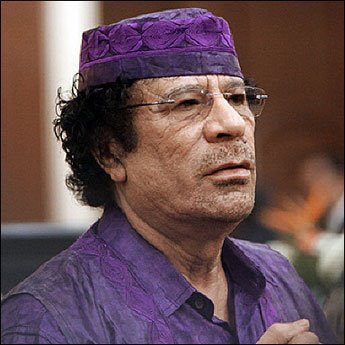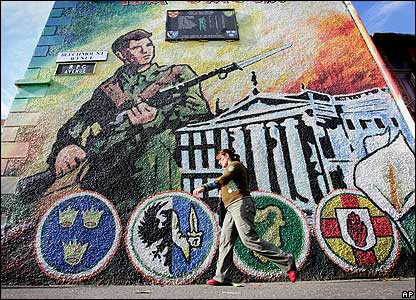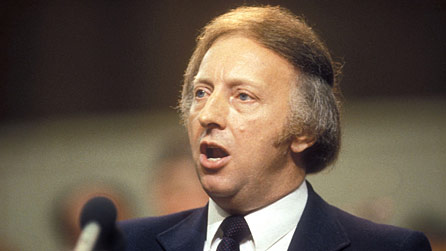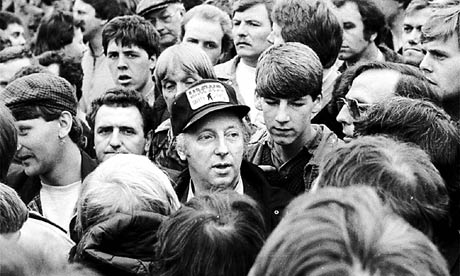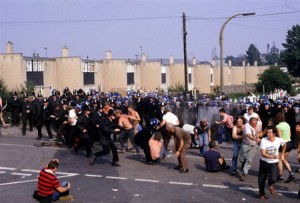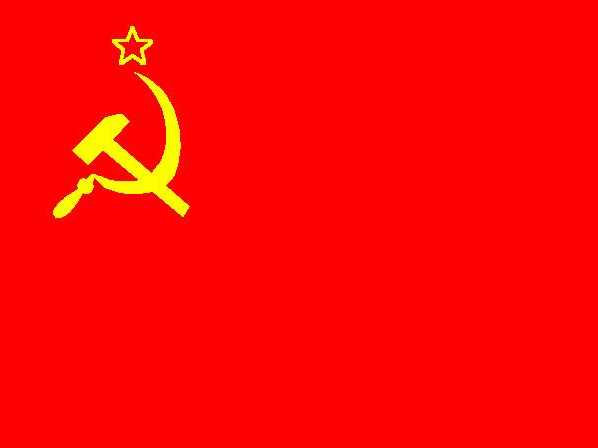 On the USSR
On the USSR
There are two schools of Sovietology: 1) who plays down the differences between Soviet and Western systems and who generally drawn from political analysis and systems analysis. These people looked at the Soviet Union in terms understood only by liberal democracies. These academics were optimists: confident of rationality. 2) On the other hand there were the historians who grasped that totalitarian systems are different in kind, not just degree, from liberal democracies and that approaches relevant to the one are irrelevant to the other. Thatcher clearly supported the second view. Russians treated well their political elite and foreign dignitaries while their common people starved in the streets. Britain boycotted the 1980 Olympic games although many British athletes attended regardless. The USSR is terrifying for Thatcher. In 1983, relations were more chilly: the USSR had shot down a South Korean airliner killing 269 passengers, Soviets wanted a ‘nuclear free-zone’ in Europe to divide Western powers against themselves, Reagan was announcing the Strategic Defence Initiative.
The capitalist and communist systems were incompatible. Thatcher endeavoured to understand the Soviet system of economics, justice and society. Thatcher disapproved of the handling of the Refusniks; the human rights record of the Soviet Union was appalling. She hated the destruction of the human spirit which she felt occurred in that system of government. Gorbachev was someone Thatcher actively sought out to find common ground. Andropov was the leader of the USSR at this time. Gorbachev was the most well educated. Thatcher visited Hungary, to see how their economy was liberalizing under Soviet influence. She saw some mild signs of pro-free-market progress but they were limited at best. She noted that the economic experiment was conducted under limited parameters. Andropov passed away and Thatcher attended his funeral. Chernenko became the leader.
Gorbachev visited England and Thatcher. Mrs. Gorbachev’s own family had suffered under the forced collectivization. Gorbachev denied the centralization of economic planning. He explained that decentralization into smaller business models was being implemented. Thatcher felt it was not enough. Thatcher believed that a simplistic redistribution system was not the best way to go about running a society.



